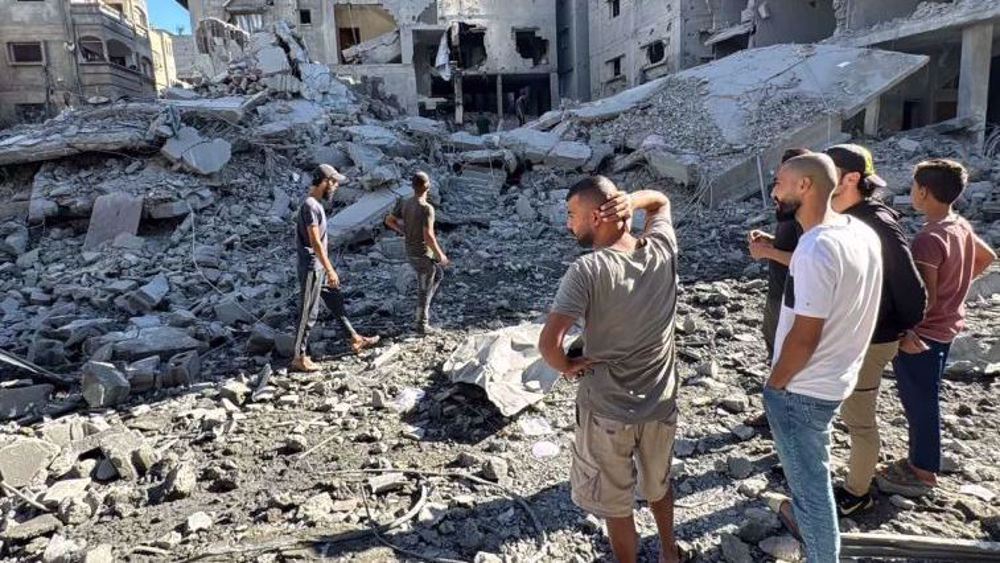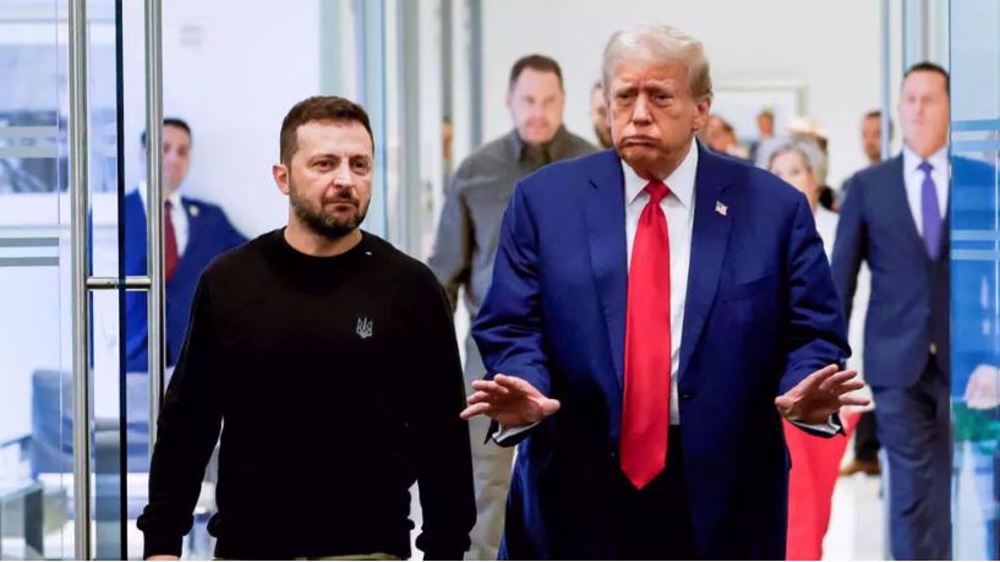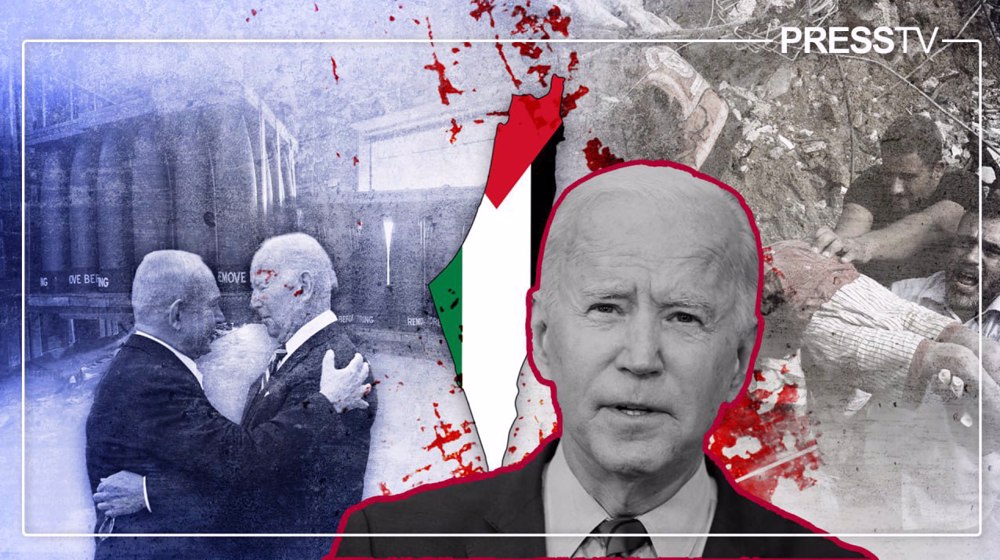Saudi in serious trouble and it knows it: US political scientist
Saudi Arabia's growing international isolation and Iran's rising regional influence has led Riyadh to cut diplomatic ties with Tehran, according to a new analysis by the Eurasia Group, the world's largest political-risk consultancy.
"Saudi Arabia is in serious trouble, and they know it," Ian Bremmer, an American political scientist and president of Eurasia Group, told Business Insider.
Saudi Arabia is "much more challenged on the economic front, more isolated regionally and globally, and beset with succession issues (given the King's controversial son)," Bremmer said, referring to King Salman's newly empowered 30-year-old son, Mohammad bin Salman.
By severing relations with Iran, Saudi Arabia also shifts public attention away from its domestic problems, which include a sharp drop in oil prices and growing political instability stemming from rivalries within the Saudi ruling family, Bremmer said.
Saudi Arabia announced Sunday that it was cutting diplomatic ties with Iran following protests at the Saudi embassy in Tehran over the execution of prominent Shia cleric Sheikh Nimr Baqir al-Nimr.
On Monday, Saudi Arabia moved to cut off all commercial ties with Iran and bar its citizens from traveling there.
The Saudi regime said Saturday it had executed Sheikh Nimr along with 46 others, causing international outrage and a serious escalation of diplomatic tensions in the region.
"They hate the international attention on them given the growing ISIL concerns and want to make regional tensions an Iran story, which helps them domestically. All of which leads toward escalation," Bremmer noted.
"The key source of Saudi anxiety is Iran," Eurasia Group noted in its 2016 risk analysis. "Soon to be free of sanctions, Iran's economy will strengthen, and its government will have more money to spend in support of regional clients."
Iran's defense chief vows to continue support for Syria, resistance front
Israel sends draft orders to more ultra-Orthodox amid war on Gaza, Lebanon
CAIR condemns ‘Genocide Joe’ Biden’s support for Israeli atrocities in Gaza
Hezbollah’s media relations chief killed in Israeli strike on Beirut, reports say
How CPJ masks the truth about Palestinian journalists killed by Israel in Gaza
Assad: Eradicating terrorism regional, int’l responsibility
‘Fascist occupation army’: Hamas slams Israeli onslaught on Beit Lahiya
VIDEO | Press TV's News Headlines














 This makes it easy to access the Press TV website
This makes it easy to access the Press TV website